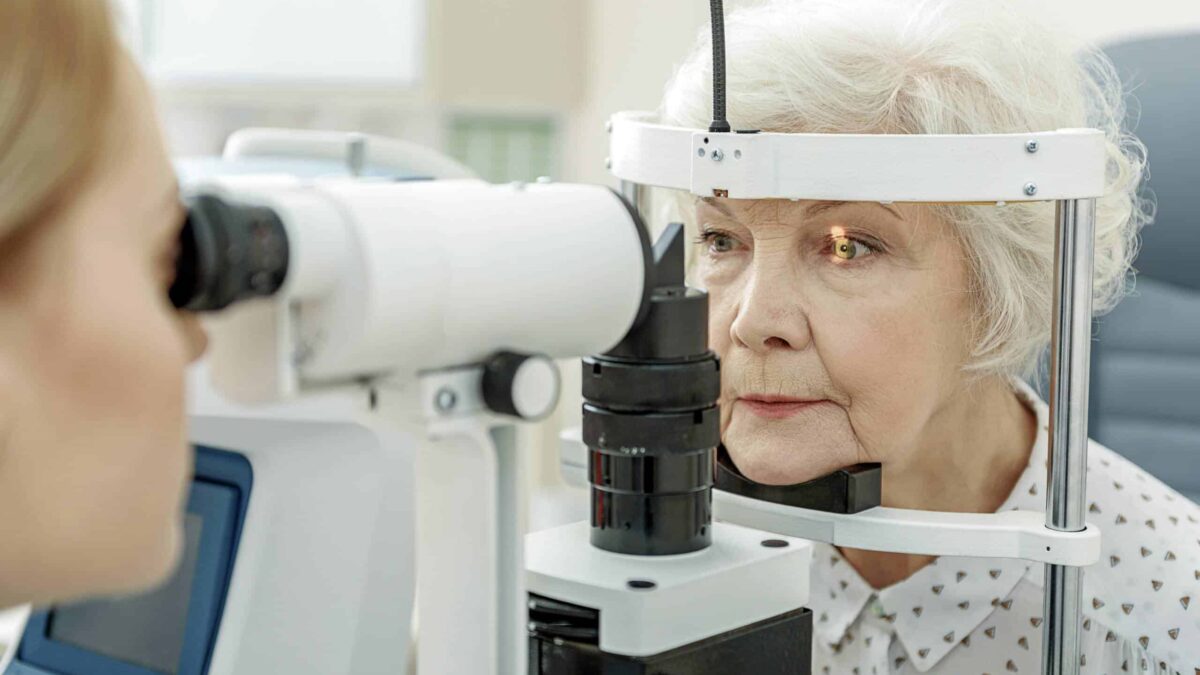
Protect Your Eyes as You Age
July 10, 2020
Tips for Better Mornings with Arthritis
July 24, 2020Eye problems in seniors are very common, early diagnose can help protect the vision by catching and treating eye conditions early. There are four common age-related eye diseases that affect seniors: glaucoma, cataracts, macular degeneration, and diabetic retinopathy.
Most age-related eye conditions must be detected and treated early on to prevent permanent damage. That is why it is recommended to get a comprehensive eye exam every one to two years depending on your age and risk factors to catch any problem in the early stages. Here are some of common age- related vision problems to be aware of.
Glaucoma
Glaucoma is a group of conditions that damage the optic nerve, it occurs when the pressure within the eye is elevated. Glaucoma leads to progressive, irreversible vision loss, it is one of the main causes of blindness in the United States. However, if glaucoma is detected and treated early, it can usually be controlled and the damage can be stopped.
Glaucoma is detected through a comprehensive dilated eye exam. Treatment options might include medication, laser therapy or surgery.
Cataracts
A cataract is a clouding of the normally clear lens of the eye. Most cataracts develop slowly; lens of the eye progressively loses its transparency affecting vision. Cataracts can cause blurry/cloudy vision, halos around object, and double vision in a single eye. Early symptoms of cataracts can be managed with eyeglasses. If cataracts affect vision severely, surgery may be needed to restore vision.
Macular Degeneration
Macular Degeneration (MD) occurs when tissue in the macula deteriorates. The macula is the part of retina that is responsible for central vision. A blind spot forms in the central vision.
MD is an untreatable eye disease but there are a few treatments that can help slow its progression, treatment might include medication or laser therapy.
Diabetic Retinopathy
This is most common eye condition in patients with diabetes. Diabetes causes abnormal changes to the blood vessels in the retina. In some cases, fragile vessels tend to break and bleed. In other cases, the damaged blood vessels will contract and detach the retina.
Symptoms of diabetic retinopathy include blurry vision, spots floating across the field of vision, partial loss of vision and pain in the eye. There are different stages of diabetic retinopathy, some of which can lead to vision loss.
There is no cure for diabetic retinopathy. However, Laser treatment can stop blood leakage and stabilize vision. In some cases, surgical removal of the vitreous gel (vitrectomy) may help improve vision if the condition is caught early enough.




